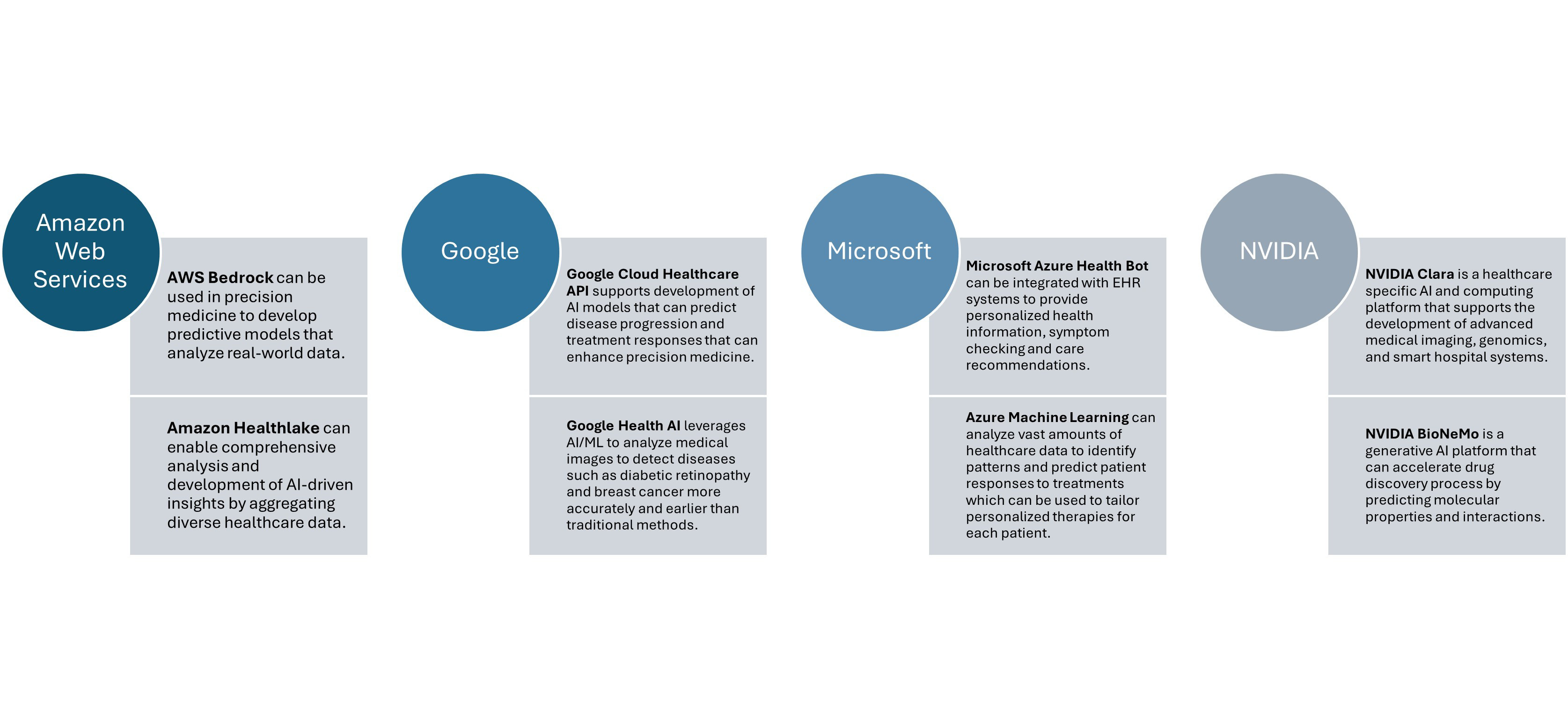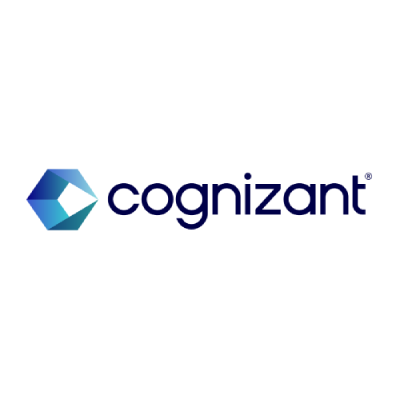“Omics” and real-world data
A crucial aspect of this approach involves the integration of comprehensive biological data, referred to as “omics”. Alongside omics, the use of real-world data from diverse patient populations further enriches understanding, allowing for more precise and personalised healthcare solutions.
The integration of omics and real-world data (RWD) is pivotal in advancing precision medicine, providing a comprehensive view of patient health and treatment responses. Omics data encompasses genomics, proteomics, metabolomics, and other related fields. By analysing large-scale biological data, scientists can understand the intricate details of individual variability in genes, proteins, and metabolic processes. This detailed molecular profiling allows for the development of targeted therapies and personalised treatment plans.
RWD encompasses information from various sources such as electronic health records (EHRs), patient registries, insurance claims, and even data from wearable devices.
In drug development, RWD can be used to identify potential biomarkers for patient selection in clinical trials, enhancing the precision of these studies. Regulatory bodies are increasingly incorporating RWD to supplement clinical trial data, ensuring new treatments are safe and effective across diverse populations. Post-market surveillance leverages real-world data to monitor the long-term safety and efficacy of approved therapies, facilitating timely interventions if adverse effects are detected.
- Patient stratification: Precision medicine relies heavily on patient stratification i.e. classifying patients into subgroups based on their genetic profiles and disease characteristics. This enables the identification of patients who are more likely to respond to specific therapies, ensuring that everyone receives the most effective treatment.
- Patient journey: Understanding the patient’s journey is crucial in precision medicine, as it allows for the mapping of a patient’s health trajectory from diagnosis through treatment and follow-up. Tracking the patient's journey in chronic disease management can help in adjusting treatment regimens based on real-time data, improving long-term health outcomes.
- Cohort analysis: Cohort analysis in precision medicine involves studying specific groups of patients over time to understand disease progression, treatment responses, and long-term outcomes. Cohort analysis can uncover how different subgroups of patients with the same genetic mutation respond to various treatments, informing more personalised and effective therapeutic strategies.
By harnessing the power of omics and real-world data, precision medicine continues to evolve, offering more personalised and effective healthcare solutions. This integrated approach not only improves patient outcomes but also accelerates the development of innovative treatments tailored to the unique genetic and environmental contexts of individual patients.
AI in healthcare
AI has started to gain popularity in recent times and is expected to become even more powerful and impactful in the following years and decades. It can drastically improve healthcare research and outcomes by predicting more accurate diagnostics and treatments.
Successful integration of AI in healthcare is based on 3 main principles. These principles help avoid raising ethical concerns and challenges.
1. Data and security: AI ensures patient data protection through encryption, access control, and compliance with regulations like HIPAA and GDPR.
2. Analytics and insights: AI's strength in healthcare lies in its ability to analyse large datasets to uncover patterns and generate actionable insights.
3. Shared expertise: AI in healthcare promotes the sharing of expertise across disciplines and regions, improving access to specialised knowledge. Collaborative platforms powered by AI enable healthcare professionals to share insights and access comprehensive medical data, fostering a collective knowledge base.
Recent advances
Precision medicine
Precision medicine has made significant strides in recent years, driven by technological advancements and deeper biological insights. One notable case is the use of genetic profiling to guide cancer treatment. For example, the development of targeted therapies like Imatinib for chronic myeloid leukemia (CML) has transformed patient outcomes leading to high remission rates and prolonged survival.
Advancements in pharmacogenomics, the study of how genes affect a person's response to drugs, have led to personalised drug dosing. For instance, patients with certain genetic variants metabolise drugs like Warfarin and Clopidogrel differently, and tailored dosing based on genetic testing can significantly reduce adverse effects and improve efficacy.
These examples highlight how precision medicine, powered by recent scientific and technological advances, is revolutionising healthcare by providing highly tailored and effective treatments.
AI solutions
Leading technology companies like AWS, Microsoft, Google and NVIDIA are at the forefront of AI revolution, offering a range of AI tools and platforms that can be used in precision medicine.

Cognizant’s edge – the AI team
Cognizant’s partnerships with world class organisations such as AWS, Microsoft, Databricks, Google Cloud, Snowflake and Informatica enables us to provide comprehensive solutions to the clients.
Cognizant’s Patient Health Insights Suite (PHIS) is a cloud-based, multi-user analytics and insights platform for clinical and real-world evidence data which can be used in precision medicine.
Additionally, Cognizant has developed a solution for a major US-based pharmaceutical company to generate evidence and insights from real-world data that included nearly 200 fields including Patient demographics, Provider characteristics, Hospital visit records etc. gathered from more than 481K patients. Computer-assisted surgeries enabled by this solution has created a significant impact by reducing the cost, length of stay and revisits for patients visiting hospitals for Total Hip Arthroplasty (THA) surgery.
Conclusion
Precision medicine, empowered by AI and Generative AI, is revolutionising healthcare by tailoring treatments to individual patient profiles. The use of real-world data and evidence further enhances the accuracy and effectiveness of personalised care. The journey towards fully realising the potential of precision medicine and AI is ongoing, with exciting developments on the horizon that promise to transform healthcare for the better.
Our experts are contributing exciting insights about what's going on within technology and innovation.
















